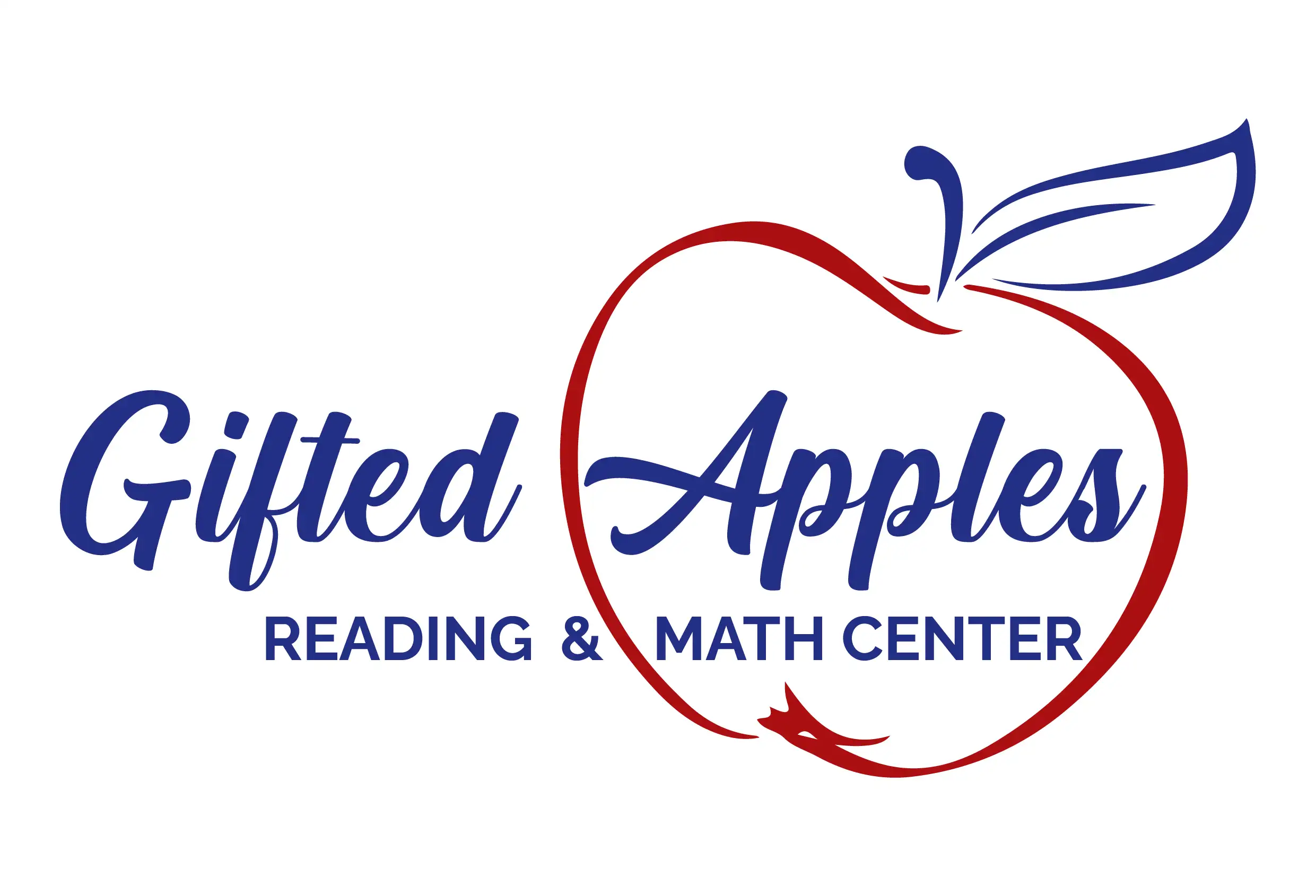Assessment
Assessment
An assessment can help identify individual learning strengths and weaknesses to find out if an identifiable Specific Learning Disorder or Attention-Deficit / Hyperactivity Disorder exists.

https://www.speldnsw.org.au/services/assessments/
GiftedApples Reading only administers assessments face-to-face from our location
in Shaker Heights, Ohio. If you are interested in scheduling an assessment, please complete the Contact Us form below and we will provide you with more information required to prepare for your child’s assessment.
GiftedApples currently has a two-week wait from scheduling an appointment to administering an assessment.
Who should have an assessment?
Children who have struggled with one or more of the core academic skill areas such as reading, writing, spelling or mathematics for an extended period of time should be assessed.
The degree to which any child may struggle is often unexpected given their capabilities and educational opportunities. Often attempts to remediate the difficulty have been unsuccessful due to the number of day-to-day variables within the classroom, number of times pull-out sessions occurs or time available for individualized support.
Dyslexia is a learning disability that primarily affects reading and related language-based skills. Key characteristics include difficulties with accurate and/or fluent word recognition, poor spelling, and challenges with decoding. These difficulties often stem from a deficit in phonological processing, which impacts the ability to manipulate sounds in spoken language.
Key characteristics of dyscalculia include:
▪Difficulty with decoding: trouble sounding out words, esp. unfamiliar or multisyllabic words.
▪Slow and inaccurate reading:
▪Poor spelling: Difficulty learning to spell words,
Reading comprehension challenges:
▪Reversals and substitutions:
Language and Speech:
▪Delayed language development: May have a history of delayed speech development or articulation problems.
▪Difficulty with rhyming: Trouble identifying and producing rhyming words.
▪Word-finding difficulties:
▪Weaknesses in fine motor
skills
▪May have a family history of dyslexia: Dyslexia often has a genetic component.
RED FLAGS AT ANY AGE:
- Poor phonological awareness. Phonological awareness is the foundation to learn to read (decoding) and spell (encoding).
- High anxiety (sore tummies, aches and pains, headaches to full blown migraines).
- Poor working memory.
- Poor Rapid Automatic. Naming (RAN). RAN is the ability to quickly name aloud a series of familiar items.
- Oral language challenges in expressive (speaking) and receptive (understanding) language
- Mixing up sequence when retelling a story.
- Avoids reading at all costs.
- Will call an item ‘a thing’ or ‘stuff’ instead of its name.
- Substitute words by saying ‘gate’ instead of ‘fence’.
- Having poor spelling, like spelling the same word correctly and incorrectly in the same exercise.
- Trouble remembering how words are spelled or applying spelling rules in writing.
- Trouble remembering too many instructions. “Please get your hat, coat and shoes.” and they come back with a hat.
- Behind their peers in reading and they aren’t accessing the same curriculum as their peers.
curriculum as their peers.
Dyscalculia, a specific learning disability, characterized by persistent difficulties with number sense, math facts, calculation and mathematical reasoning. It’s not a reflection of overall intelligence or a lack of effort, but rather neurological difference in how the brain processes numerical information.
Key characteristics of dyscalculia include:
▪ Difficulty with Number Sense: Problems with understanding quantities,
comparing numbers, estimating, and understanding place value.
▪ Challenges with Math Facts: Struggling to memorize and recall basic arithmetic facts like addition and multiplication tables.
▪ Trouble with Calculations: Difficulty performing calculations, even simple ones, slow processing speeds
reliance on inefficient strategies like counting on fingers.
▪ Struggles with Mathematical
Reasoning: Problem-solving, understanding mathematical concepts, application to real-world situations.
▪ Working Memory Issues: Can be associated with difficulties in
working memory, making it hard to hold multiple pieces of information in mind
while solving problems.
▪ Difficulty with Sequencing: May struggle with putting numbers in order, counting backwards, or following multi-step procedures.
▪ Anxiety and Avoidance: Dyscalculia can lead to math anxiety and avoidance
of math-related tasks or situations.
▪ Impact on Daily Life: Dyscalculia can affect various aspects of daily life, including managing finances, telling time, and understanding measurements.
Attention Deficit Disorder (ADD), or more accurately, Attention-Deficit/Hyperactivity Disorder (ADHD), is characterized by persistent patterns of inattention, hyperactivity, and impulsivity that can significantly impact daily life. These symptoms are not just limited to childhood; many adults also experience ADHD, and the presentation can vary.
Key Characteristics:
Key characteristics of dyscalculia include:
Key Characteristics:
▪ Inattentiveness:
Difficulty focusing, staying on task, and organizing activities. This can Manifests as being easily distracted, careless mistakes, trouble following instructions, and appearing not to listen when spoken to directly.
▪ Hyperactivity:
Excessive movement, restlessness, and difficulty engaging in quiet activities. This can include fidgeting, tapping, talking excessively, and difficulty remaining seated when required.
▪ Impulsivity:
Acting without thinking, difficulty waiting one’s turn, interrupting others, and making hasty decisions.
Types of ADHD:
ADHD is often categorized into three main presentations:
Predominantly Inattentive:
Primarily experiencing symptoms of inattention, with fewer or no hyperactivity symptoms.
Primarily experiencing symptoms of hyperactivity and impulsivity, with less noticeable difficulty with attention.
Combined Presentation:
▪Experiencing a significant number of symptoms from both the inattentive and hyperactive-impulsive categories.
Other Considerations:
▪ Adults with ADHD:
May not exhibit the same hyperactivity as children and may present with symptoms like procrastination, emotional dysregulation, and difficulty managing tasks.

Who will conduct the assessment?
A licensed K-12 Intervention or Literacy Specialist at GiftedApples Reading assesses adults, and children from age 6 to 18. Assessments are administered face-to-face at our offices in in Shaker Heights, Ohio. Due to the neurological and behavioral characteristics of our clients, manipulatives and other assistive devices may be used. Therefore, we do not offer online assessments.
Loretta Farmer and the Interventionists Specialists at GiftedApples Reading have extensive knowledge in dyslexia, dyscalculia, attention deficit, K-12 literacy learning, language development and specific learning impairments.
A diagnosis of specific learning impairment is not available.
Children and adults express that they feel comfortable, enjoy the assessment tasks and demonstrate an effort to do their best work.
Attention-Deficit / Hyperactivity Disorder (ADHD) Parent and Teacher interviews and questionnaires $485
- Examines attention and executive function in addition to a review of a student’s cognitive and educational skills.
- Suited for individuals who have concerns about difficulties with attention and executive function.
- A diagnosis of Attention Deficit Hyperactivity Disorder can be made (if appropriate).
- Assessment of Attention-Deficit / Hyperactivity Disorder must be added
The Assessment of Attention-Deficit.
Educational Assessment of Literacy (EAL) 3 hours of testing – 2 sessions $485
- Examines an individual’s reading, spelling and writing skills.
- Most suited for individuals seeking to understand their particular areas of difficulties in literacy.
- A diagnosis of a specific learning disorder is not available.
Educational Assessment of Numeracy (EAN) 3 hours of testing - 2 sessions $485
- Examines an individual’s mathematical skills.
- Most suited for individuals seeking to understand their particular areas of difficulties in numeracy.
- A diagnosis of a specific learning disorder is not available.
Educational Assessment of Literacy and Numeracy 4 hours of testing – 4 sessions $645
- Examines an individual’s underlying literacy and numeracy skills.
- Most suited for individuals seeking to understand their particular areas of difficulties in literacy and numeracy.
- A diagnosis of a specific learning disorder is not
Consultations 1 hour in-person consultation $125
The following Consultations are available:
- Educational Consultation for intervention and adjustments planning.
- Pre-Assessment Consultation to ensure appropriate assessment is undertaken to support learning and in-school and formal assessments and in any further studies.
